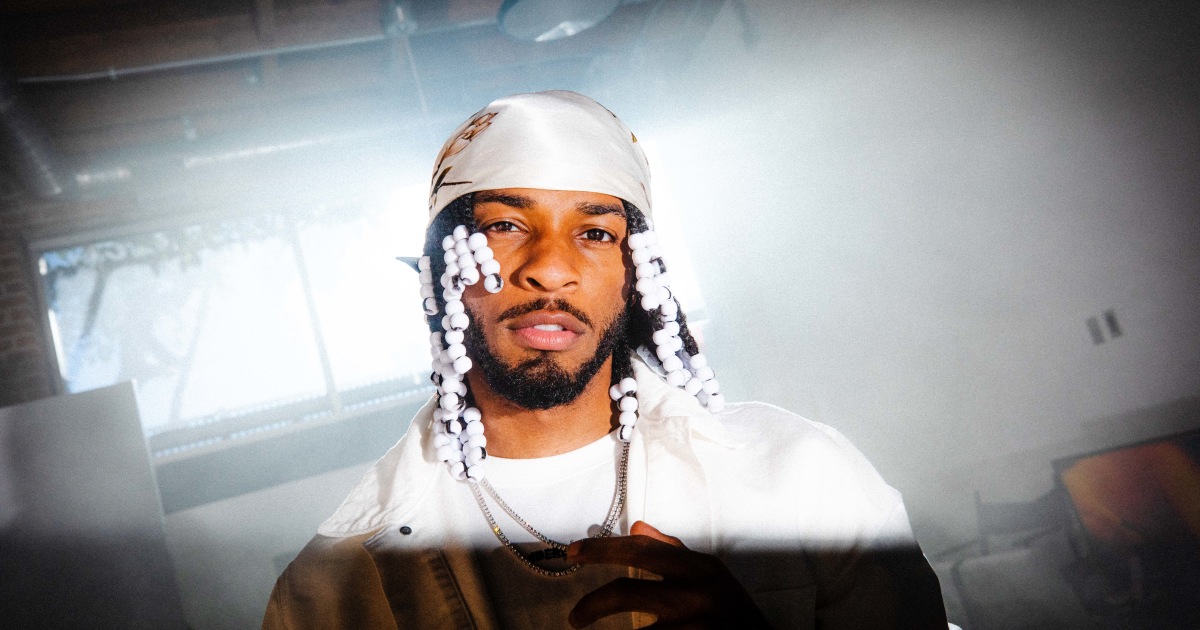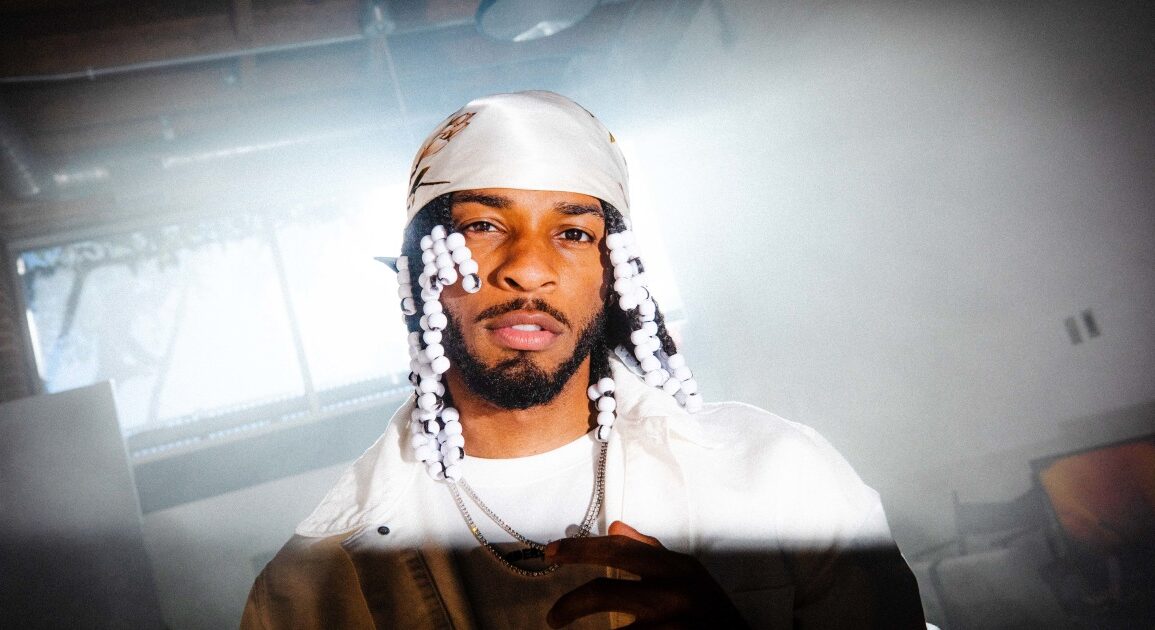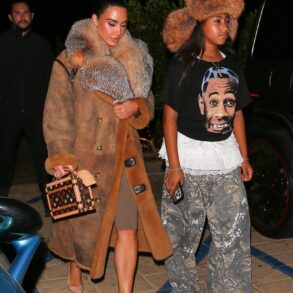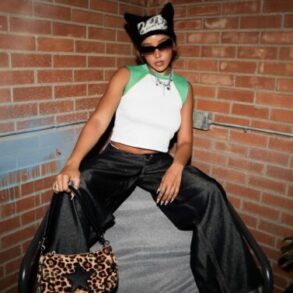
The Chorus
It’s been a year since White was signed to Def Jam, and he’s been going nonstop, he said. He moved from Pennsylvania to California and recently released “Road to CASABLANCO,” an album featuring big names like Busta Rhymes, A$AP Ferg, Fivio Foreign and others. White calls his genre “happy hood music,” an expression of both the hardships and joys of life.
White was content with being an independent artist before signing with Def Jam last summer, he said. He wasn’t looking for major industry support, but didn’t want to turn down an offer to build upon his team, largely made up of his close friends.
“Armani is a dynamic artist who’s been bubbling underground for a while now and has caught lightning in a bottle with ‘Billie Eilish,’” Def Jam Recordings CEO Tunji Balogun told Billboard last summer. “We’re all excited to help him develop, connect with a wider audience and become the star he’s shown he can be.”
This speaks to the ways social media access is changing the recording industry. Long gone are the days of record labels as the gatekeepers of the industry, and the exclusivity of landing a coveted deal with a major label. Today, rappers don’t need labels as much. Like White, they’re able to build their own platforms and brands online and use their organic social media success to foster brand deals, partnerships and more — all without the help of big-name labels.
With rappers able to build their platforms and brands online, the music industry has morphed dramatically.
“Record labels are asking, ‘How will we remain relevant?’” Carson said. “Their relevance has been at stake for a really long time. If Def Jam comes to me and says, ‘Hey, we want to sign you,’ and my response is, ‘Well, what can you give me that I can’t get on my own?’ I’m using the idea of the record label against the record label.”
In some ways, social media has become an alternative to a hole-in-the-wall live show venue, where music executives might stake out to find fresh talent. Now they keep tabs on artists on Instagram and TikTok, while also paying exceedingly close attention to the artist’s follower count.
“Find your way to be authentic. Don’t be corny. Don’t just follow some metric or some scheme everybody is doing,” White said. “You have to find your own unique character, what’s unique to you. That’s what I did on social media. I found out who I was and I just inflated it.”







